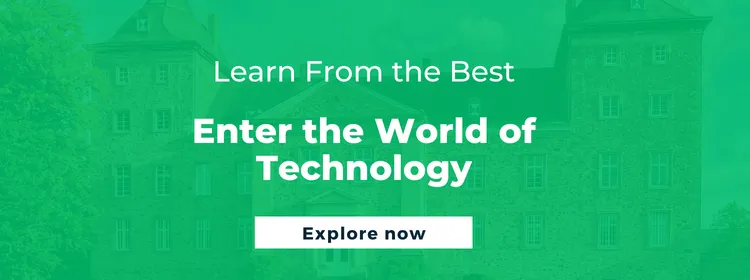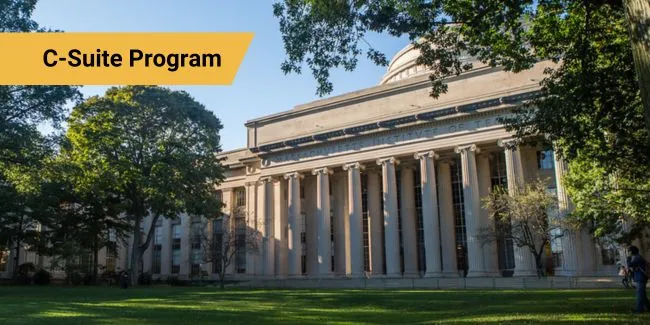Becoming a Cloud Security Engineer: Essential Skills and Pathways

- What Qualifications and Skills are Required to Become a Cloud Security Engineer?
- What are the Primary Responsibilities of a Cloud Security Engineer?
- How Does a Cloud Security Engineer Protect Cloud Data and Infrastructure?
- Which Certifications are Beneficial for a Career as a Cloud Security Engineer?
- What are Some Common Challenges Faced by Cloud Security Engineers?
A cloud security engineer is responsible for ensuring the security of cloud-based systems and data. They design, implement, and maintain security measures to protect cloud environments from cyber threats, unauthorized access, data breaches, and other security risks. This includes configuring and managing security controls, monitoring suspicious activity, conducting vulnerability assessments, and responding to security incidents. As organizations increasingly migrate their operations to the cloud, the demand for skilled cloud security engineers is expected to grow. The role offers significant growth potential as more companies recognize the importance of safeguarding their cloud-based assets and investing in more effective security solutions. Hence, understanding the intricacies of this profession is essential for aspiring security specialists.
What Qualifications and Skills are Required to Become a Cloud Security Engineer?
Becoming a cloud security engineer necessitates a blend of formal education and hands-on experience. A Bachelor’s or Master’s in Computer Science or a related field is often essential to start off. Additionally, familiarity with cloud infrastructure security and cloud data protection is crucial. Furthermore, knowledge of cloud security best practices is indispensable. For this reason, gaining practical experience through internships or entry-level positions is highly beneficial.
What are the Primary Responsibilities of a Cloud Security Engineer?

1. Designing Secure Cloud Infrastructure
The primary duty involves crafting secure cloud architectures. Moreover, they guarantee cloud infrastructure security through detailed planning and the adept execution of protective measures. This entails selecting the appropriate cloud services and configurations to minimize vulnerabilities. Consequently, these professionals must stay abreast of the latest cloud technologies and security trends to design robust infrastructures to withstand evolving threats.
2. Implementing Cloud Data Protection Measures
Another pivotal role is to formulate and apply stringent cloud data protection strategies. Furthermore, these engineers diligently shield sensitive data from unauthorized access and cyber threats, employing encryption, tokenization, and other security mechanisms. Additionally, they manage identity and access controls, ensuring that only authorized personnel can access specific data sets. Thus, their efforts are crucial in preventing data breaches and leaks, safeguarding the organization’s reputation and customer trust.
3. Monitoring for Security Threats
The continuous surveillance of cloud environments for potential security threats forms an essential part of a cloud security engineer’s responsibilities. Additionally, these engineers leverage advanced monitoring tools and technologies to swiftly identify and neutralize risks. They also conduct regular security assessments and penetration testing to evaluate the efficacy of their security frameworks. Their proactive stance on threat detection is vital in mitigating risks before they can escalate into significant security incidents.
4. Ensuring Compliance With Regulations
A cloud security engineer must also ensure that cloud deployments strictly adhere to applicable laws and regulations. Furthermore, they must stay updated on regulatory changes and adjust security policies and procedures accordingly. This involves conducting regular compliance audits and working closely with legal and compliance teams to address discrepancies. Thus, their meticulous attention to regulatory compliance helps prevent legal penalties and enhances the organization’s credibility and trustworthiness.
5. Educating Staff on Cloud Security Best Practices
Lastly, imparting knowledge on cloud security best practices to other staff members stands as a crucial responsibility. Moreover, cloud security engineers craft and disseminate educational programs and materials, aiming to elevate security awareness and behavior within their organization. Additionally, by fostering a culture of security, they empower employees to recognize and respond to security threats effectively. This collective vigilance thus acts as a formidable barrier against potential security breaches, fortifying the organization’s defense against cyber threats.
ALSO READ: How to Become a Cloud Engineer: The Ultimate Career Guide
How Does a Cloud Security Engineer Protect Cloud Data and Infrastructure?

A cloud security engineer employs a variety of strategies to safeguard cloud data and infrastructure. Firstly, they implement encryption and access control measures. Additionally, they also put in place cloud security best practices to create a robust defense against cyber threats. One of the most important measures is regular audits and vulnerability assessments. This helps to identify and rectify security gaps.
Which Certifications are Beneficial for a Career as a Cloud Security Engineer?
Earning certifications can significantly enhance a cloud security engineer’s career prospects. Certifications such as CISSP and CCSP are highly regarded. Additionally, vendor-specific certifications from AWS, Google Cloud, or Microsoft Azure can demonstrate expertise in particular cloud platforms. These certifications validate a professional’s skills and commitment to staying abreast of the latest security trends.
ALSO READ: 5 Most Popular Cloud Computing Skills to Learn and Acquire in 2024
What are Some Common Challenges Faced by Cloud Security Engineers?
1. Keeping up With Rapid Technological Changes
The fast-paced evolution of cloud technology presents a constant challenge. As such, cloud security engineers must continually learn and adapt to new threats and technologies.
2. Managing Complex Cloud Environments
Complexity in cloud environments can make security management challenging. Engineers must navigate these complexities to ensure comprehensive security coverage.
3. Ensuring Data Privacy and Compliance
Data privacy and regulatory compliance are ongoing concerns. Moreover, they must ensure that cloud deployments adhere to global and local regulations.
4. Balancing Security With Usability
Achieving a balance between robust security measures and user convenience is challenging. These engineers, therefore, strive to implement security without hampering the usability of cloud services.
5. Mitigating Advanced Security Threats
Finally, the sophistication of cyber threats continues to increase. Furthermore, cloud security engineers employ advanced strategies and technologies to protect against these evolving threats.
ALSO READ: How to Get the Best Cloud Security Engineer Salary
In conclusion, the journey to becoming a cloud security engineer involves acquiring a solid foundation in computer science, gaining relevant skills in cloud infrastructure security, cloud data protection, and cloud security best practices, and pursuing certifications. Moreover, while the role presents challenges, the demand for skilled cloud security engineers continues to grow. Therefore, for those interested in furthering their knowledge and skills, exploring Emeritus’ technology courses can be a valuable step forward. Lastly, as the cloud computing landscape evolves, so will cloud security engineers’ strategies and best practices to protect vital digital assets.
Write to us at content@emeritus.org










































